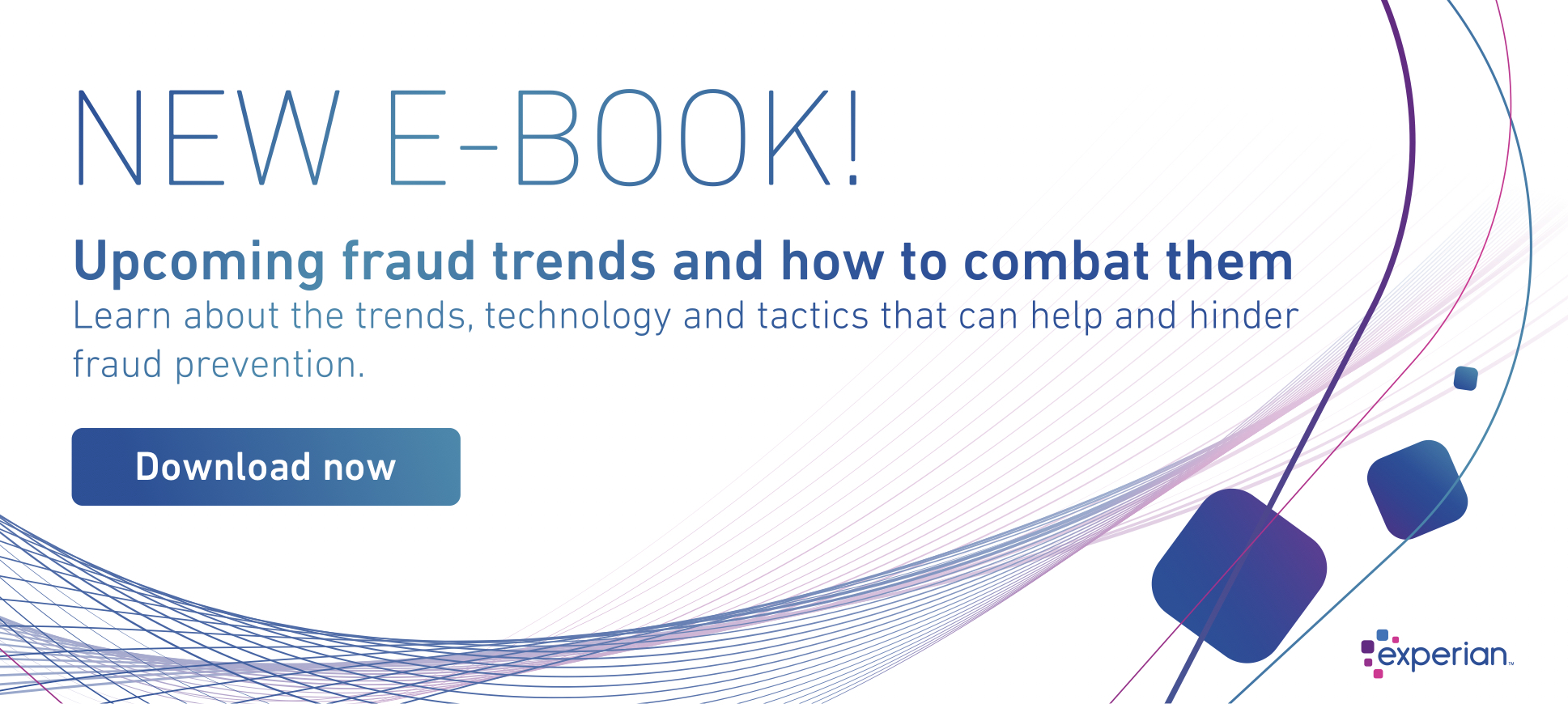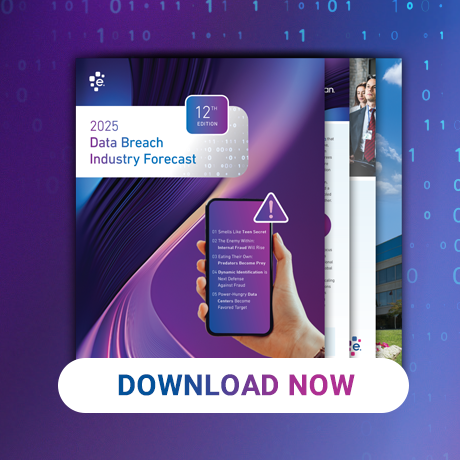You can do everything you can to prepare for the unexpected. But similar to how any first-time parent feels… you might need some help. Call in the grandparents!
Experian has extensive expertise and has been around for a long time in the industry, but unlike your traditional grandparents, Experian continuously innovates, researches trends, and validates best practices in fraud and identity verification. That’s why we explored two prominent fraud reports, Javelin’s 2019 Identity Fraud Study: Fraudsters Seek New Targets and Victims Bear the Brunt and Experian’s 2019 Global Identity and Fraud Report — Consumer trust: Building meaningful relationships online, to help you identify and respond to new trends surrounding fraud.
What we found – and what you need to know – is there are trends, technology and tactics that can help and hinder your fraud-prevention efforts.
Consider the many digital channels available today. A full 91 percent of consumers transacted online in 2018. This presents a great opportunity for businesses to serve and develop relationships with customers. It also presents a great opportunity for fraudsters as well – as almost half of consumers have experienced a fraudulent online event. Since the threat of fraud is not impacting customers’ willingness to transact online, businesses are held responsible for adapting and evolving to not only protect their customers, but to secure their bottom line. This becomes increasingly important as fraudsters continue to target and expose vulnerabilities across inexperienced lines of businesses.
Or, how about passwords. Research has shown that both businesses and consumers have greater confidence in biometrics, but neither is ready to stop using passwords. The continued reliance on traditional authentication methods is a delicate balance between security, trust and convenience. Passwords provide both authentication and consumer confidence in the online experience. It also adds friction to the user experience – and sometimes aggravation when passwords are forgotten.
Advanced methods, like physical and behavioral biometrics and device intelligence, are gaining user confidence by both businesses and consumers. But a completely frictionless authentication experience can leave consumers doubting the safeness of their transaction.
As you respond and adapt to our ever-evolving world, we encourage you to build and strengthen a trusted relationship with your customers through transparency. Consumers know that businesses are collection data about them. When a business is transparent about the use of that data, digital trust and consumer confidence soars. Through a stronger relationship, customers are more willing to accept friction and need fewer signs of security.
Learn more about these and other trends, technology and tactics that can help and hinder your authentication efforts in our new E-book, Upcoming fraud trends and how to combat them.



